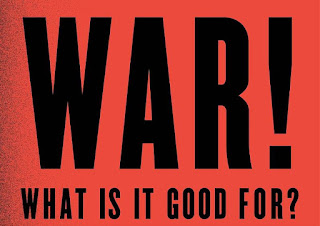“How do you ask a man to be the last man to die for a mistake?” John Kerry challenged Congress about the Vietnam war in 1971. There in a nutshell is the standard test by which democratic republics assess their military adventures: Is this cause worth dying for?
The idea of such a test is a good one. War is a question of politics, indeed the oldest question of political power: ‘Who's in charge here?' Specifically, governments contest each other's sovereignty – their ability to get their own way – by employing or threatening the means of extraordinary violence. Since war is defined by its terrible means, it can only be justified by some extraordinary purpose. Ordinary political goals will not do. Hence the need to find some measure that will be immune from the merely personal or factional interests of politicians or their hubris.
Nevertheless, Kerry's test is not quite right. The most ethically significant thing about war is not that our soldiers are ordered to risk their lives to further the interests of our state – or perhaps just our politicians – but that they are ordered to kill for it. The real ethical test of a war is whether our cause is worth killing for. If that is not satisfied then our soldiers are mere murderers and we are the ones who made them so.
This test turns out to be much harder to meet.






